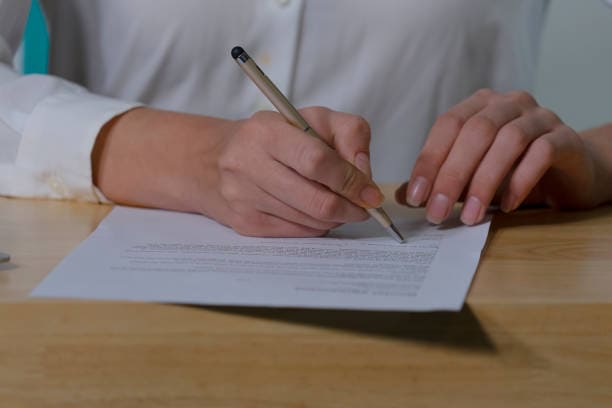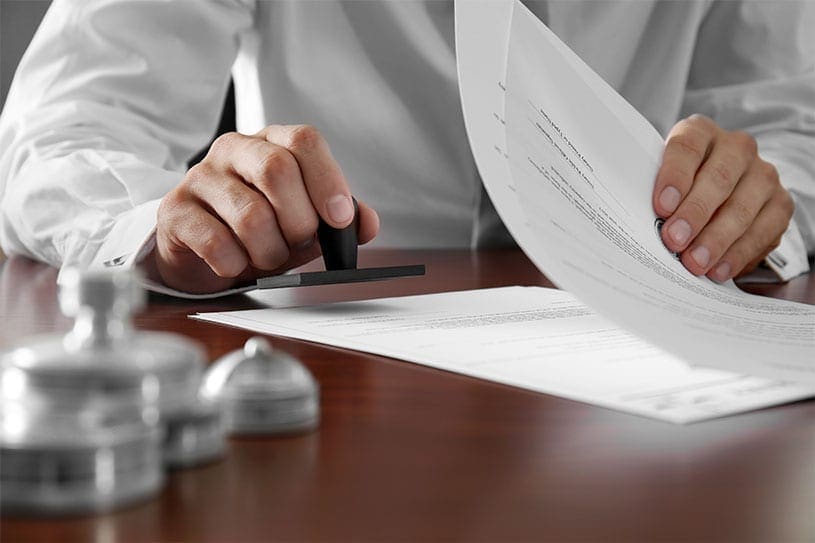What is Deed of Family Arrangement? A Deed of Family Arrangement (sometimes called a Family Agreement or Family Settlement) is a legally binding document. It sets out an agreement between family members regarding the distribution of property or assets.
This is an important concept under Wills and Estate Planning. If you are wondering ‘what is Deed of Family Arrangement?’ it is likely that you wish to settle some matter in relation to a Will.
Parties use the legal document of a Deed of Family Arrangement to resolve disputes over an estate when someone dies. It deals with asset distribution among heirs of the deceased. The agreement can cover issues such as:
- how they are to divide property;
- who is responsible for paying any debts;
- how they are to resolve any dispute etc.
What is Deed of Family Arrangement? It can be a useful way to avoid lengthy and expensive court proceedings. This is because it allows family members to come to a mutually acceptable agreement. However, it is important to seek legal advice before entering into a Deed of Family Arrangement to ensure that the agreement is fair and legally binding.
When Do People Use Deed of Family Arrangement?
Now that we have understood ‘what is Deed of Family Arrangement?’ let us look at the uses of such arrangements. People may use this for a variety of reasons, including:
- Resolving disputes over an estate: When a person dies, their heirs may have disagreements about the distribution of assets. They can use the Deed to resolve these disputes and reach a mutually acceptable agreement.
- Avoiding probate: In some cases, parties can use the Deed to distribute an estate without going through the probate process. This can save time and money for the parties involved.
- Clarifying ownership of property: People can use this to clarify the ownership of property or assets that may have been acquired jointly by family members.
- Providing for family members: Parties can use the Deed to provide for family members who the Will-maker may have overlooked in their Will. They can also use it to include parties who have specific needs that the Will does not address.
Parties cannot use these agreements to reduce the entitlement of a party who is under 18 years of age. Similarly, they cannot use it to reduce entitlement of someone with impaired mental capacity.
If you are reading up on ‘what is Deed of Family Arrangement?’, please note that you should only enter into it after careful consideration. It is important to seek the advice of legal professionals.

Example Scenario Involving a Deed of Family Arrangement
Consider a scenario where Jack and Molly are siblings. Both of them have inherited a property from their late parents’ deceased estate. Currently, the property is under both their names. However, Jack and Molly have different opinions on what they should do with the property.
Jack wishes to sell the property and split the proceeds equally. On the other hand, Molly wishes to retain ownership of property and rent it out for secondary income. Jack and Molly enter into a dispute and they are not able to reach a mutual agreement.
They consult an expert lawyer who has experience in estate planning and property law. Jack and Molly ultimately decide to sell the property. The lawyer asks the two parties to enter into a Deed of Family Arrangement to formalise their agreement. They decide to use the proceeds for any taxes and debts, and split the rest evenly.
Both parties sign the Deed, thereby making it legally binding. By using a Deed of Family arrangement, Jack and Molly are able to resolve their dispute in a way that is mutually agreeable and legally enforceable. This helps avoid any potential disputes in the future.
How to Prepare Deed of Family Arrangement Australia?
Preparing a Deed of Family Arrangement in Australia can be a complex process. Here are some general steps to consider:
- Speak to a lawyer: It is important to work with a lawyer who has experience in estate planning and dispute resolution. They can advise you on the legal implications of the Deed of Family Arrangement and help you draft a document that is legally binding, and provide you more information on capital gains tax implications and stamp duty (where applicable).
- Identify the parties involved: Determine who will be parties to the Deed of Family Arrangement, including any beneficiaries or other interested parties.
- Determine the terms of the agreement: Consult with your lawyer to determine the terms of the agreement, including the distribution of property or assets, the payment of debts and expenses, and any other relevant provisions.
- Document the agreement: It should be in writing and signed by all parties involved. It should clearly state the terms of the agreement and any conditions or contingencies that one must meet.
- Execute the Deed: All involved parties must sign and date the Deed of Family Arrangement. Someone may also need to witness or notarise the arrangement.
- Keep a copy: It is important to keep a copy of the Deed of Family Arrangement in a safe place, along with any other relevant estate planning documents.

Contact Our Wills and Estate Planning Lawyers
Contacting Wills and Estate Planning lawyers is important for a variety of reasons. Here are some of the key reasons why you may want to consider consulting with JB Solicitors. We can help you with:
- Protecting your assets: By creating a plan that ensures your assets are distributed according to your wishes. This can help prevent your assets from being tied up in probate court or being distributed in a way that is not in line with your wishes.
- Minimising taxes: By understanding the tax laws and regulations, we can help you structure your estate plan in a way that minimises your tax liability.
- Planning for incapacity: This may include setting up a power of attorney or creating a trust that will allow someone else to manage your affairs in the event that you become unable to do so.
- Ensuring your wishes are carried out: Finally, we can help ensure that your wishes are carried out after you pass away. By creating a Will or trust, you can specify exactly how you want your assets to be distributed, and we can help ensure that parties follow your wishes.
We can also help family members of testators to make future claims or a family provision claim against the deceased person’s assets if required. Our lawyers have the ability to act as your legal personal representative.
Contact our Wills and Estate Planning lawyers for more information on ‘what is a Deed of Family Arrangement?’ or for other legal advice.
